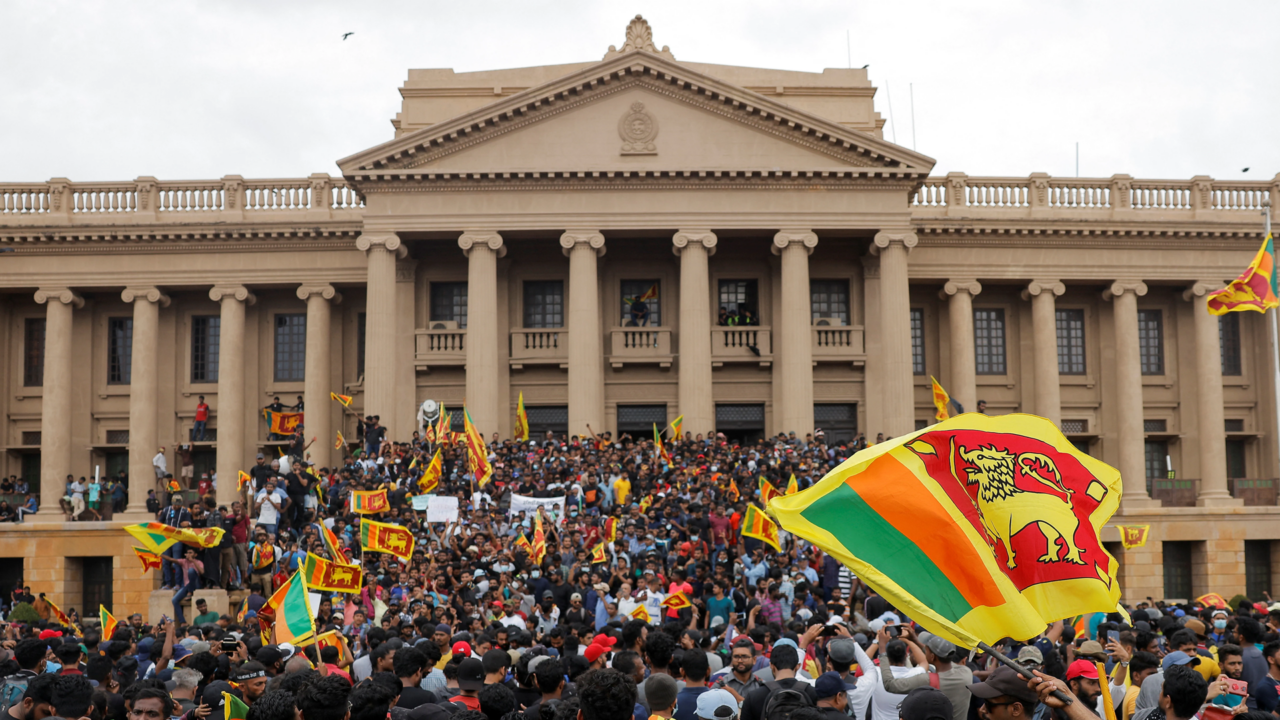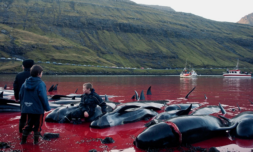Sri Lanka is going through its worst ever economic crisis, which has led to spiralling prices and power cuts that last several hours. With President Rajapaksa refusing to step down, protestors stormed his residence, causing him to flee and later announce his plans to resign.
In the past week, Sri Lanka has witnessed the following: thousands of protestors storming President Rajapaksa’s house as well as PM Wikremesinghe’s office, the President fleeing, the PM’s private residence being set on fire, and an acting President assuming office.
All of this stems back to the economic crisis that Sri Lanka has been suffering from which resulted in shortage of medicines, fuel, and cooking gas. As a matter of fact, leaders have been trying to negotiate a bailout with the IMF.
Led by anger over these conditions, on 9th July, thousands of protestors took the President’s house by storm.
Images surfaced online, showing groups of people swimming in the pool, laying on the beds in the house, and even making tea; they also issued statements from a conference room, calling for Rajapaksa and Wickremesinghe to step down.
According to a report by the Sri Lankan air force media director, Rajapaksa, his wife, and two of his bodyguards left for Male, Maldives, after receiving approval from the defence ministry.
Even so, Rajapaksa’s arrival in Maldives was met with demonstrators, displeased with the Maldivian government hosting him there. Regardless, he left for Singapore today.
Sri Lanka Air Force provided an aircraft for the President, First Lady & two security personnel to leave for
Maldives following a request made by Govt. with approval of Defence Min.
All Immigration, Emigration, and customs laws were adhered to when providing the aircraft – SLAF pic.twitter.com/LNVzLN1DY9— Kalani Kumarasinghe (@KalaniWrites) July 13, 2022




















